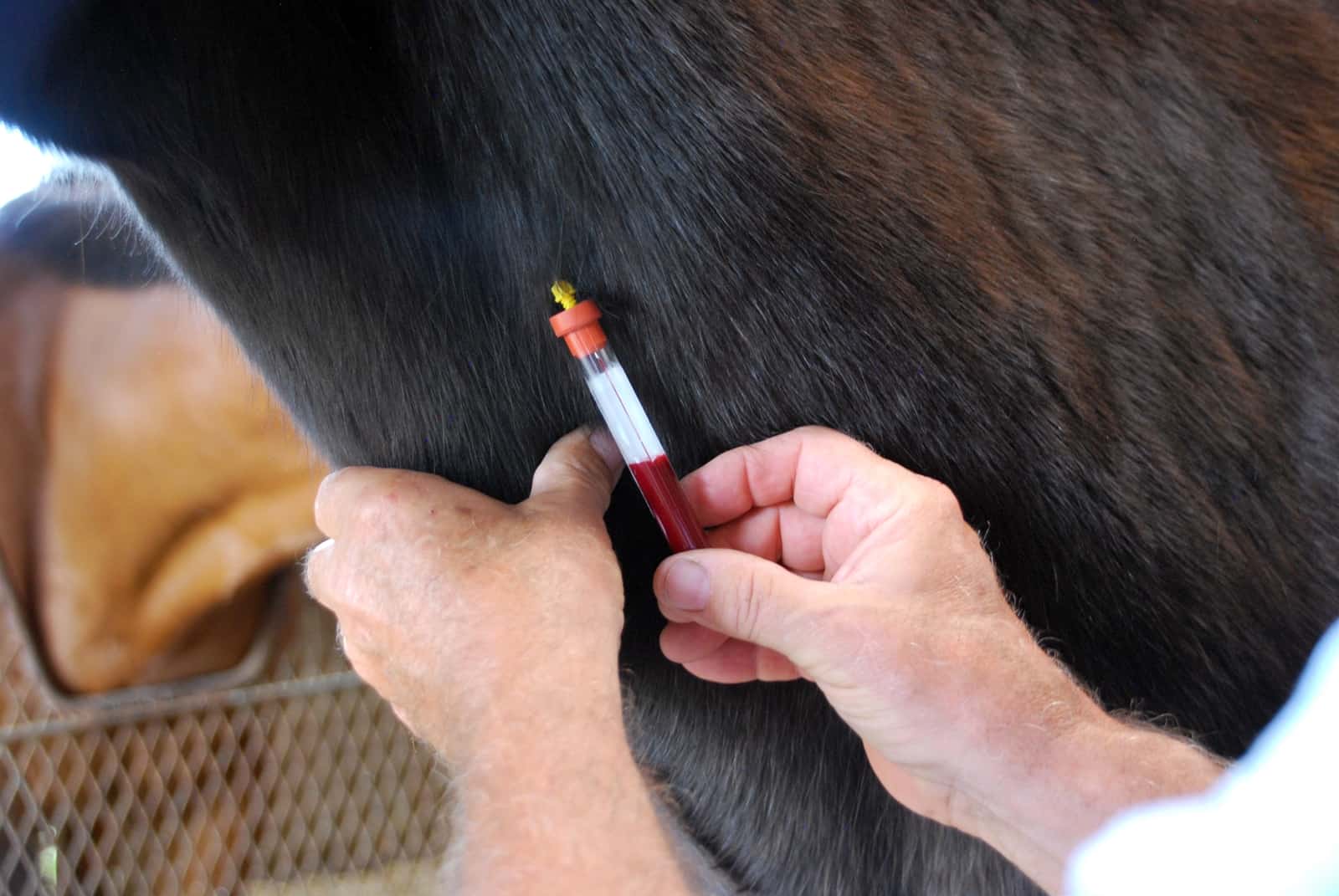EIA Confirmed in Three Texas Counties

The Equine Disease Communication Center (EDCC) reported June 13 that five horses from three Texas counties have tested positive for equine infectious anemia (EIA).
Affected horses include:
- Two Wilson County Quarter Horses;
- Two Kaufman County Quarter Horses; and
- One Dallas County Quarter Horse.
“The Wilson and Dallas county horses have been euthanized, all exposed horses are being tested, and all premises will remain under quarantine until requirements for release have been met,” the EDCC said. “The Kaufman County horses are currently being maintained on the quarantined premises and the premises will remain under quarantine until requirements for release have been met
Create a free account with TheHorse.com to view this content.
TheHorse.com is home to thousands of free articles about horse health care. In order to access some of our exclusive free content, you must be signed into TheHorse.com.
Start your free account today!
Already have an account?
and continue reading.

Written by:
Erica Larson
Related Articles
Stay on top of the most recent Horse Health news with












